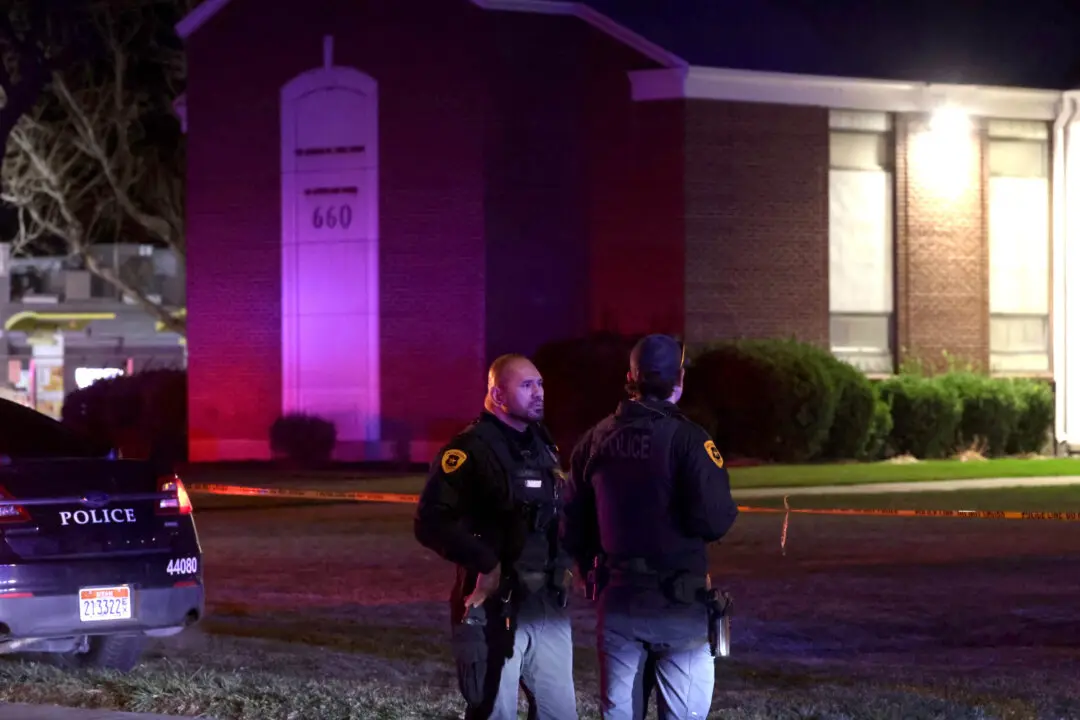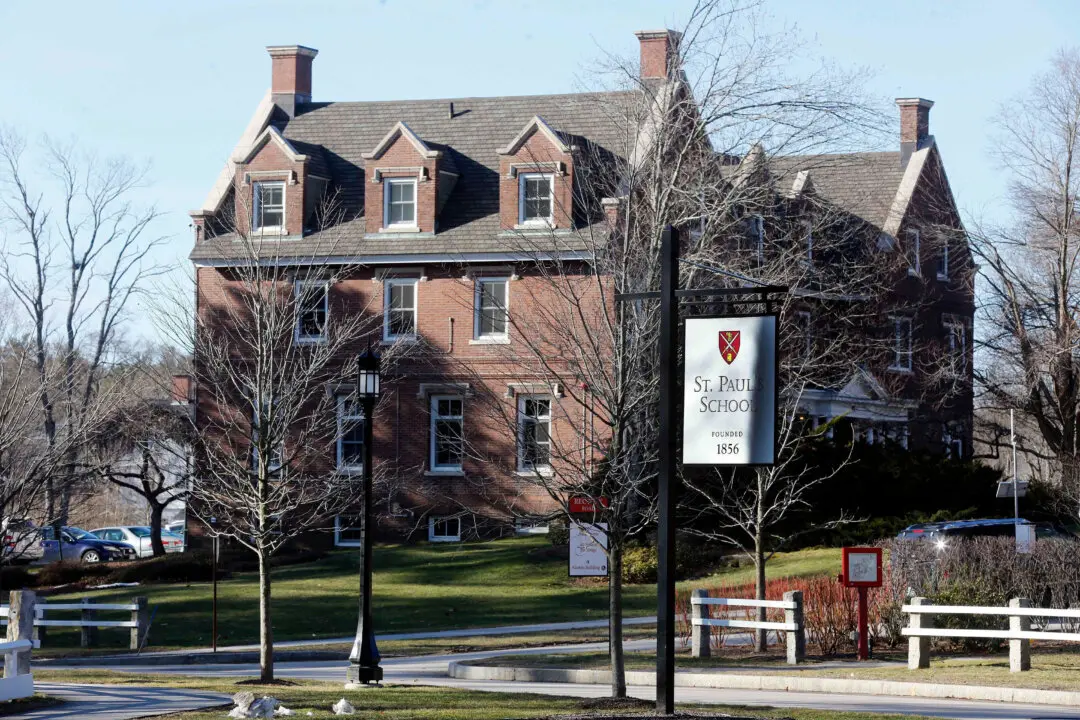BRUSSELS—The family homes of the suspected mastermind of the Paris attacks and one of the suicide bombers stand only a few blocks apart in the Belgian capital’s Molenbeek neighborhood. After a string of attacks in recent years linked to its grimy streets in central Brussels, a key question arises: Why Belgium?
The tiny nation renowned for beer, chocolates and the comic book hero Tintin is now suddenly infamous for Islamic extremism—and the easy availability of illegal weapons.
Belgium has a central location in Europe; few border controls; a common language with prime jihadi target France; and a political divide between French and Dutch speakers that has long created bureaucratic disarray in justice and security.
From the prime minister down, there is widespread acknowledgment of a complicated and disjointed national structure that hampers the fight against extremism. “We have to do more and we have to do better,” Prime Minister Charles Michel told legislators on Thursday, as he announced a slew of fresh measures to fight Islamic extremism.
For years, there have been calls for more funds to boost the ranks of judges and police, but progress has been slow as rival political camps bickered and austerity measures set in. Meanwhile, the splintering of municipal authority in Brussels and judicial authority nationwide means there’s little sense of who’s in charge of what in security matters.
Add to that a system in which policemen are often blocked from crossing borders—lacking jurisdiction to work in neighboring countries—while criminals can take advantage of Europe’s open border policy, and it becomes clear why Belgium is attractive for terrorists.
“They do shop around for locations where it’s easier to be unnoticed, or that your opponents will lose your trail,” said Edwin Bakker, director of the Centre for Terrorism and Counterterrorism at Leiden University.
Abdelhamid Abaaoud, a Belgian who was the presumed organizer of the attacks, was killed in a raid Wednesday outside of Paris. Belgium and France are still on a manhunt for Frenchman Salah Abdeslam, a longtime Brussels resident.
Both men grew up in the hardscrabble Molenbeek district, and their family homes stand within a short walk of its main police station. Abdeslam’s brother, Brahim, blew himself up in a suicide attack, while another Brussels resident, Bilal Hafdi, also died in a suicide bombing.
On Saturday authorities raised the threat alert for the Belgian capital to the highest level, citing “quite precise information about the risk of an attack like the one that happened in Paris.” Heavily armed police and soldiers patrolled key intersections, subways were closed and many stores shut their doors as citizens were encouraged to avoid areas where large numbers of people gather.
Perched over Brussels stands the massive Palace of Justice, once a shining monument to democratic values, now cloaked for decades in scaffolding so decrepit it has come to symbolize Belgium’s neglect for law and order. From there, one can look out onto the Midi, a grimy neighborhood that has become a treasure trove for any criminal looking for illegal arms.
Until 2006, Belgium had a very permissive gun law by European standards, and many weapons used in the 1990s Balkan wars easily found their way into the Belgian criminal underworld. At the same time, the Justice Ministry was hurt by austerity measures, rendering it powerless to dig into the root causes of the problem.
“It is relatively easy to get your hands on heavy arms in Brussels,” said Brice De Ruyver, a professor of criminology at Ghent University, who was security adviser to the prime minister from 2000 to 2008. “That applies to terror and serious crime. That is because the illegal arms trade has been neglected far too long. ... And once you have a reputation, it is tough to get rid of it.”





